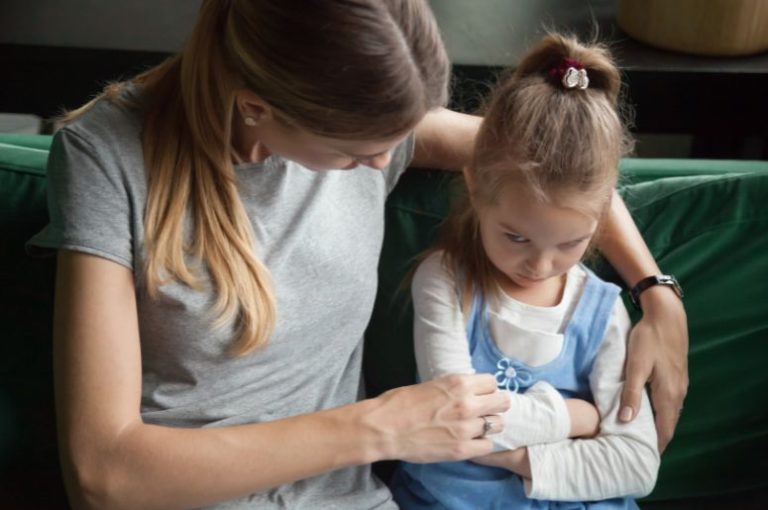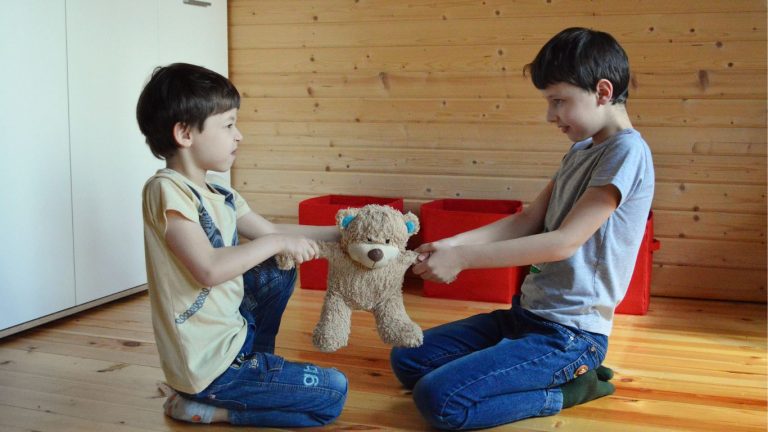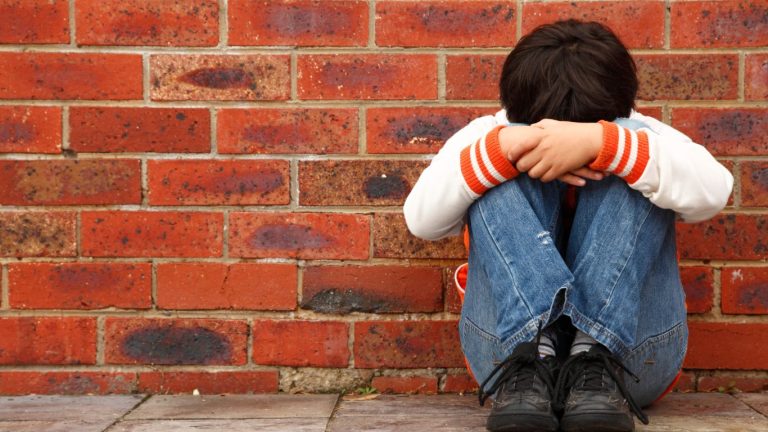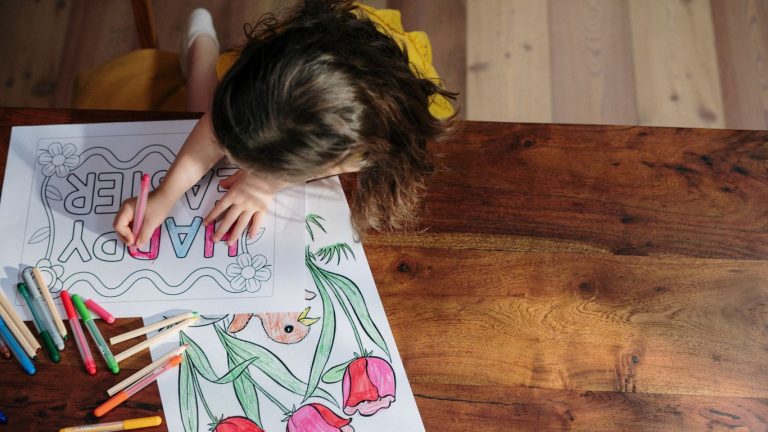Changes within the family come in almost any conceivable way. It could be as joyous as the addition of a new baby all the way through to the death of a beloved family member. Either way, I am going to mention what I believe is the most important aspect of change. Communication.
I do want to start off by saying that as parents you know your child best. You alone decide how to raise them, and my opinion here, is just that, my opinion.
So, that said, there will always be differing levels of comprehension and age-appropriate answers – but kids need to know what is happening around them in their little world.
I am not here to tell you to destroy your 3 year old’s innocence by explaining the death of a distant third cousin that your child has met once, but to talk to them about change in ways that they understand. With this communication they will “get” that you are including them, and they “get” that they are important.
There is an innate need for parents to protect their children, and I respect this enormously, the question for me is, “is keeping the gist of what is going on from them protecting them or causing them more anxiety?”.
Kids are amazing!
They are hugely resilient little people. They are often more matter of fact than adults about changes, and they mostly take things in their stride. In my experience, what causes them upset and confusion around change – that is good or bad change – is when they just don’t understand what’s going on. Having clear and open communication is one of the most important tools you have as a parent to make your kids feel secure. In my experience some of the anxiety shown by children during times of change is what they are feeling from their parents/caregivers at that time.
As an example, imagine a little girl who has not been told that her mother is pregnant (possibly because of a prior miscarriage). This child will have all senses in overdrive. There will be the hormonal shift from mum, hushed conversations, new regular doctor’s appointments, baby clothes might be being laundered, she will intuit that something is going on, yet will likely not have the skills to verbalise her thoughts.
I saw firsthand once, a little boy who was not told of his mother’s pregnancy, yet he kept stroking her tummy and got a very keen interest in other people’s tummys… I don’t think it was “wrong” to have kept it from him, but I strongly believe that he knew already, and just didn’t know how to say so.
Of course, the risk of telling your young child too soon (for you) that you are pregnant is that if you are not willing to tell the world, your kid is! It’s exciting news after all.
I certainly don’t have all the answers for you here, a “you should say this” – I am merely asking you to consider the impact that lack of communication has had or might have in the future?
When it comes to illness, separation or death, the thing I would suggest is to keep them in the loop as much as reasonably possible. Try to have any difficult “adult” conversations well away from little ears that don’t understand. Further resources to assist with grieving are available from Skylight.
When you are unable to contain your emotions, it is totally ok to be upset in front of your children. It is ok to cry. I think a lot of people think that they need to be “strong” for their kids and not let them see the vulnerable side. I don’t agree.
When I was a nanny and I lost my cool with the boys, I would tell them that I was really angry and that I wanted them to leave the room and when I was calm I would come and find them to talk. They always respected that, and I always went and found them as promised. If I had shouted, I always apologised for that – they deserved honesty and where possible an explanation why. I made a commitment to not do it again. It’s not to say that it never happened again, but when it did they would often remind me of my promise, and I would again make a commitment to try harder next time. It is not about being perfect, it is about acknowledging where things are at and being honest and strong enough to admit it. One of the boys was three when he first told me: “I’m really angry with you Jayne, I need to go to my room”, he came out a while later and explained himself, I took the time to stop what I was doing and listen… it was a really trivial thing to me, but I could see that he was learning to communicate his feelings with me. I am still proud and humbled by my involvement in his life. From an early age he could acknowledge his feelings, then he could do something constructive with them rather than lash out or internalise them.
When the going gets tough:
If you ever happen to be a crying mess and your child asks “why?”, or “what’s wrong?”, all you need to say is something as simple as “mummy/daddy is really upset right now, and there is water coming out of my eyes – everything is ok” – I would be very surprised if they need much more explanation than that. Children have a natural inclination to “be” with you when you are vulnerable, and for those who are not, you can offer a little something to help them to feel that they are helping you. They can give cuddles, get a tissue, paint a picture, or even make a card. I would urge you not to shut children out of the processes and emotions of life. The good and the bad are there for learning and growth. Again, I want to stress that I do not think you should be exposing your children to hurts that don’t affect them, but when they do, allow them to be a part of it. One of my favorite things to say when things go wrong, is “it’s not about adversity – it is about who you are in the face of adversity that matters”. Who can you teach your children to be through leading by example?
Communication… and time. Give good quality time to your children, even if you can only manage short bursts here and there because of your circumstances. Take the time to read a story without the new baby there, listen to their woes at the end of the day – or even throughout the day; do some baking or a special mummy and me or daddy and me trip out for a couple of hours… anything that makes your child feel special, acknowledged and appreciated on a regular basis will go a long way to help in times of change.
I found the following paragraph online and thought it very apt for this post:
Not talking about something does not mean that we are not communicating. Children are great observers. They read messages on our faces and in the way we walk or hold our hands. We express ourselves by what we do, by what we say, and by what we do not say.
So I suppose the question is, what are you saying?





